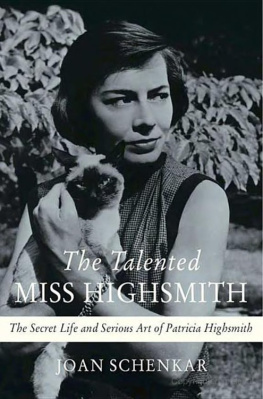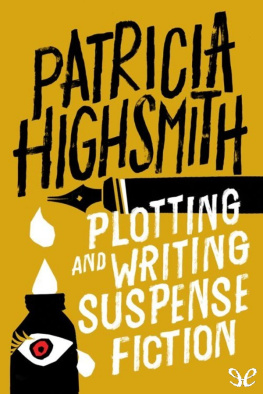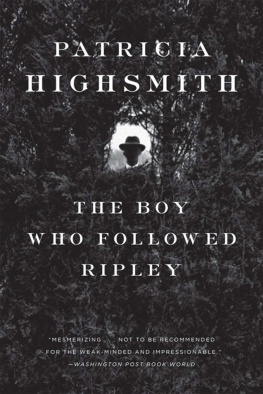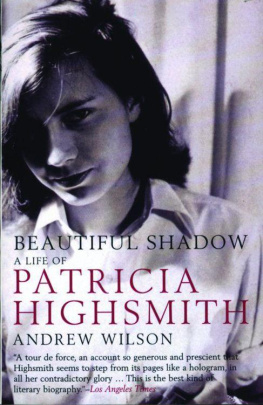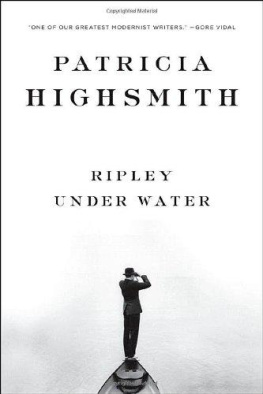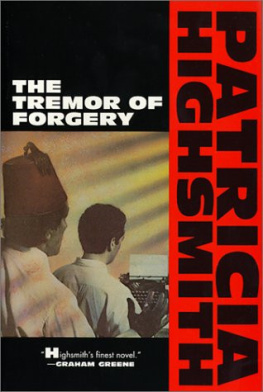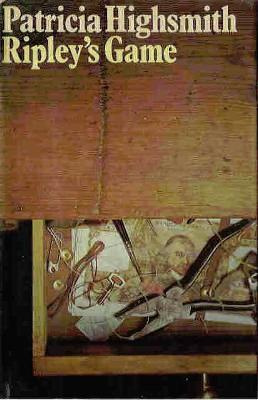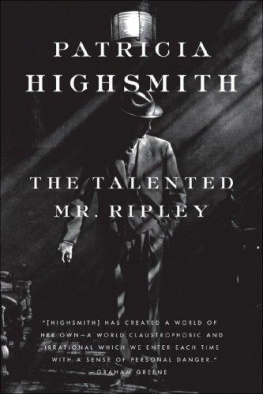Published by The History Press
Charleston, SC 29403
www.historypress.net
Copyright 2015 by Bernard A. Drew
All rights reserved
Bottom middle front cover image: W.E.B. Du Bois. Courtesy of the Library of Congress.
First published 2015
e-book edition 2015
ISBN 978.1.62585.417.9
Library of Congress Control Number: 2015937273
print edition ISBN 978.1.62619.877.7
Notice: The information in this book is true and complete to the best of our knowledge. It is offered without guarantee on the part of the author or The History Press. The author and The History Press disclaim all liability in connection with the use of this book.
All rights reserved. No part of this book may be reproduced or transmitted in any form whatsoever without prior written permission from the publisher except in the case of brief quotations embodied in critical articles and reviews.
CONTENTS
FOREWORD
Ive been a public library director for thirty-six years, with three libraries under my belt before I traveled to Pittsfield twenty-two years ago, so I can attest from personal experience that public libraries collect the works of local authors as part of a local history mission. The Berkshire Athenaeums strategic planning consistently ranks local history service as one of our top five roles, a service that targets the desire of visitors to know and better understand personal or community heritage. One of four goals in our action plan stipulates, People from around the world will be provided the resources to explore personal, historical and cultural heritage, including the works of notable Berkshire authors. The creative output of Berkshire authors is such an integral part of our history and heritage, from titans like Melville and Hawthorne to the more obscure, like Harlan Ballard, one of my predecessors as director of the Berkshire Athenaeum. People who study the history of the Berkshires cannot help but stumble over the authors who flocked to the scenic Berkshire region in western Massachusetts once dubbed the American Lake District because of the prevalence of the literary and artistic elite.
It is because the Berkshires attracted and inspired such a rich assortment of writers for well over two hundred years that the Berkshire Athenaeum amassed a collection of more than four thousand items by local authors. While that may appear to be a lot for the Berkshires to be proud of, Bernard A. Drews research makes us painfully aware that our collection only scratches the surface of the Berkshires literary talent. While the librarians in the Local History Department of the Athenaeum know a lot about Berkshire authors, they have benefited tremendously for almost thirty years from Bernies scholarship on the topic. His very considerable personal contribution to local history bibliography aside, he is, after all, a regular newspaper columnist and the author of Berkshire histories, including books about Great Barrington, Monument Mountain, Lake Buel, Beartown, the Knox Trail and the Housatonic River. In 1985, he compiled Berkshire Between Covers: A Literary History, an annotated catalogue of some 210 fiction writers and poets from the Berkshires that became a touch point for library staff digging for information about Berkshire writers. Eleven years later, Berkshire Between Covers: Page Two was released (of which only a few dozen copies were distributed) and grew that catalogue to 850 prose writers, dramatists, poets and lyricists, and for the past eighteen years this then became the foundation for Athenaeum librarians answering reference inquiries pertaining to writers in the Berkshires.
With Literary Luminaries of the Berkshires: From Herman Melville to Patricia Highsmith, Bernie has again revisited the topic, but with rather dramatic changes. With an estimated 250 writers included, he is selective in his coverage, focusing again exclusively on writers of fiction and poetry but this time choosing to arrange his material thematically, giving him the opportunity to digress beautifully into more extensive background notes, contextual anecdotes and humorous jibes that allow him to play to his strengths as the foremost historian of the Berkshires. So read on, and enjoy how Bernie provides a unique perspective on local history by bringing Berkshire authors to life.
RONALD LATHAM, DIRECTOR
Berkshire Athenaeum, Pittsfields Public Library
INTRODUCTION
Lets assemble a library, a special library of fiction writers, dramatists and poets who are linked to Berkshire County in western Massachusetts. Whether natives, transplants, visitors or complete strangers, most of these writers have incorporated the areas natural setting into their stories or verses.
We include early American writers, landmark writers, everyday toiling writers and leisurely writers. A few will receive particular scrutiny. Well hear about William Cullen Bryants health regimen. Well search for Herman Melvilles piazza. Well roam Charles Pierce Burtons Adams as depicted in his boys adventure books. Well share travails with Mark Twain in Tyringham. Well climb mountains with Henry David Thoreau, loll by the Housatonic River with Henry Wadsworth Longfellow and buzz around the countys roads with Edith Wharton. Well sing a joyous carol with Edmund Hamilton Sears.
Genre writers have come to the fore: mystery, science fiction, romance, western and juvenile authors such as Amanda Cross, Nancy Thayer, Archer Mayor, Rachel Field and Bill Gulick have places in our library along with poets such as Louise Gluck, Joyce Kilmer and James Taylor.
We will learn about writers deeper connections with the Berkshires.
Few of these wordsmiths were born here. The Berkshire hills, rather, are a cultural magnet. The area appeals to writers, poets and artists who mostly work in isolation. They dont need to know each other; they just need to know the landscape nurtures their creative soul. Theres no single Berkshire style or message. But there is a Berkshire spirit and vibrancy. There is a continuum. Writers beginning with the Fireside Poets and carrying on with the Young Americans through the modern day have established a distinct literature. They have not only kept up with trends, they have established them.
Over the years, Ive accumulated a file drawer full of newspaper cuttings and notes about Berkshire literature. Ive prowled public and university libraries and new and secondhand bookstores. Ive examined hundreds of books. As a weekly newspaper reporter, editor and columnist and as a reference book author and local historian, Ive spoken to or exchanged e-mails with many writers. So Ive appointed myself librarian.
Its time to stock our shelves.
BERNARD A. DREW
I
LITERARY PIONEERS
In far western Massachusetts in the late eighteenth century, two women and two men were the first to express themselves in verse and prose. Two names have endured; two are unfamiliar.
FIRST NEWSPAPER POET: PHILO SAPPHO
Seven poems appeared in Hartfords Connecticut Courant in the years 177174 written by Philo Sapphoa merging of the names of an ancient Jewish philosopher and a female Greek lyric poet. These verses are the earliest identified secular writings by a Berkshire resident. Historian Lion G. Miles, who found the verses rather morbid and sad, makes a good circumstantial case that Anna Dix Bingham (17451817) was the author. One poem is about an event: The following lines were occasioned by [the] sawing down of a Liberty tree in Great Barrington, on the night next after the 28th day of June last (published July 26, 1774). A Watertown, Massachusetts native, Bingham was living in Great Barrington when the verses were published. Anna and her husband, Silas, moved to Stockbridge, where in 1778 they opened a tavern, predecessor to the Red Lion Inn on Main Street.


